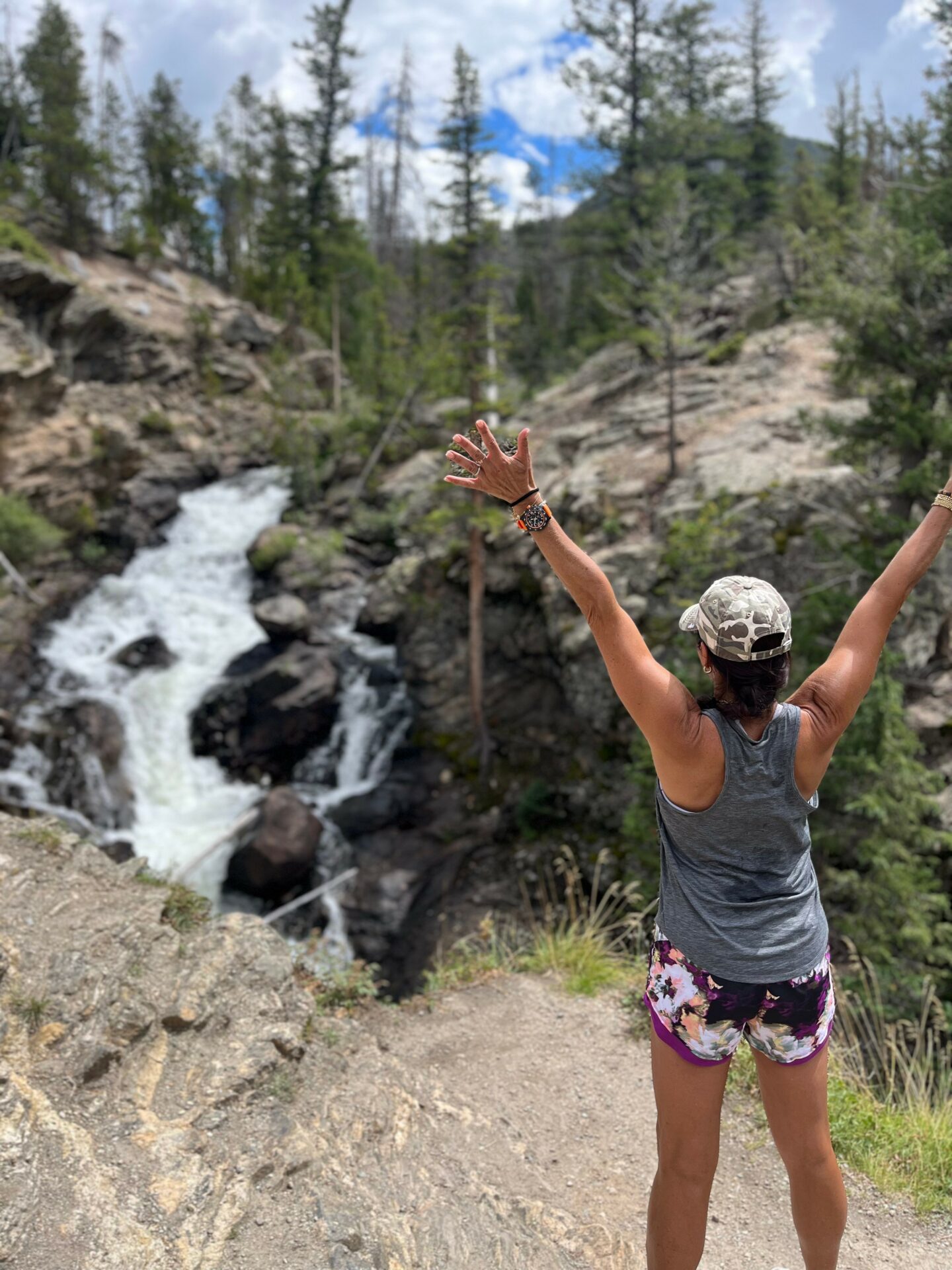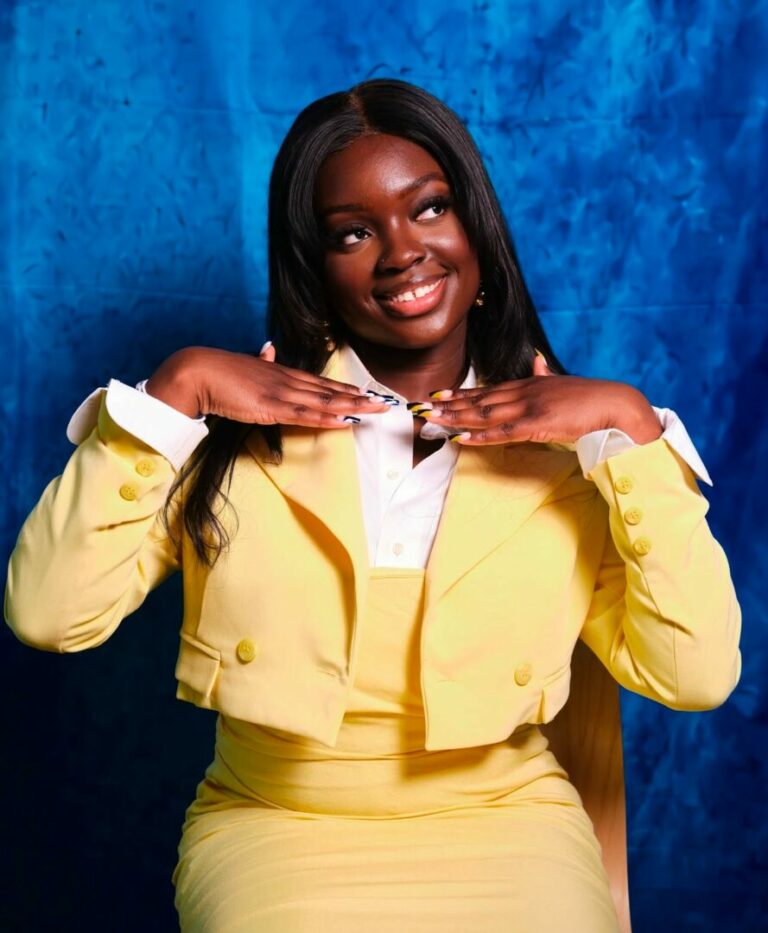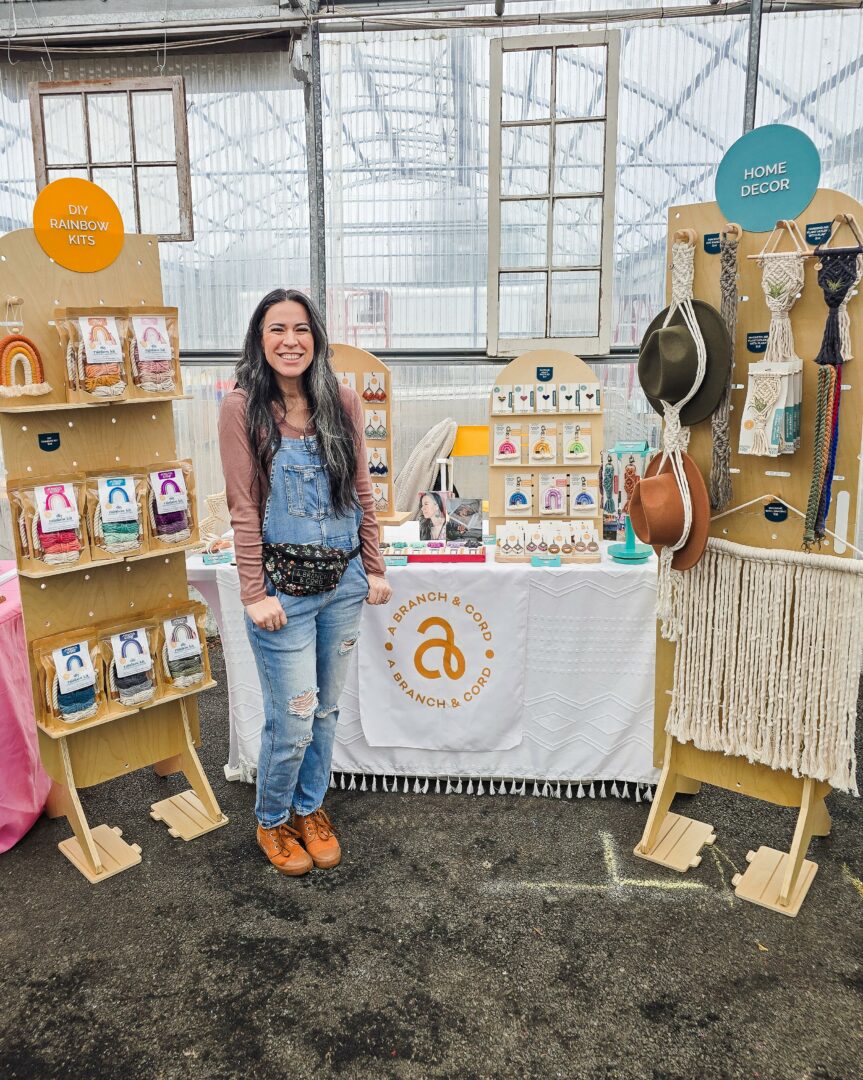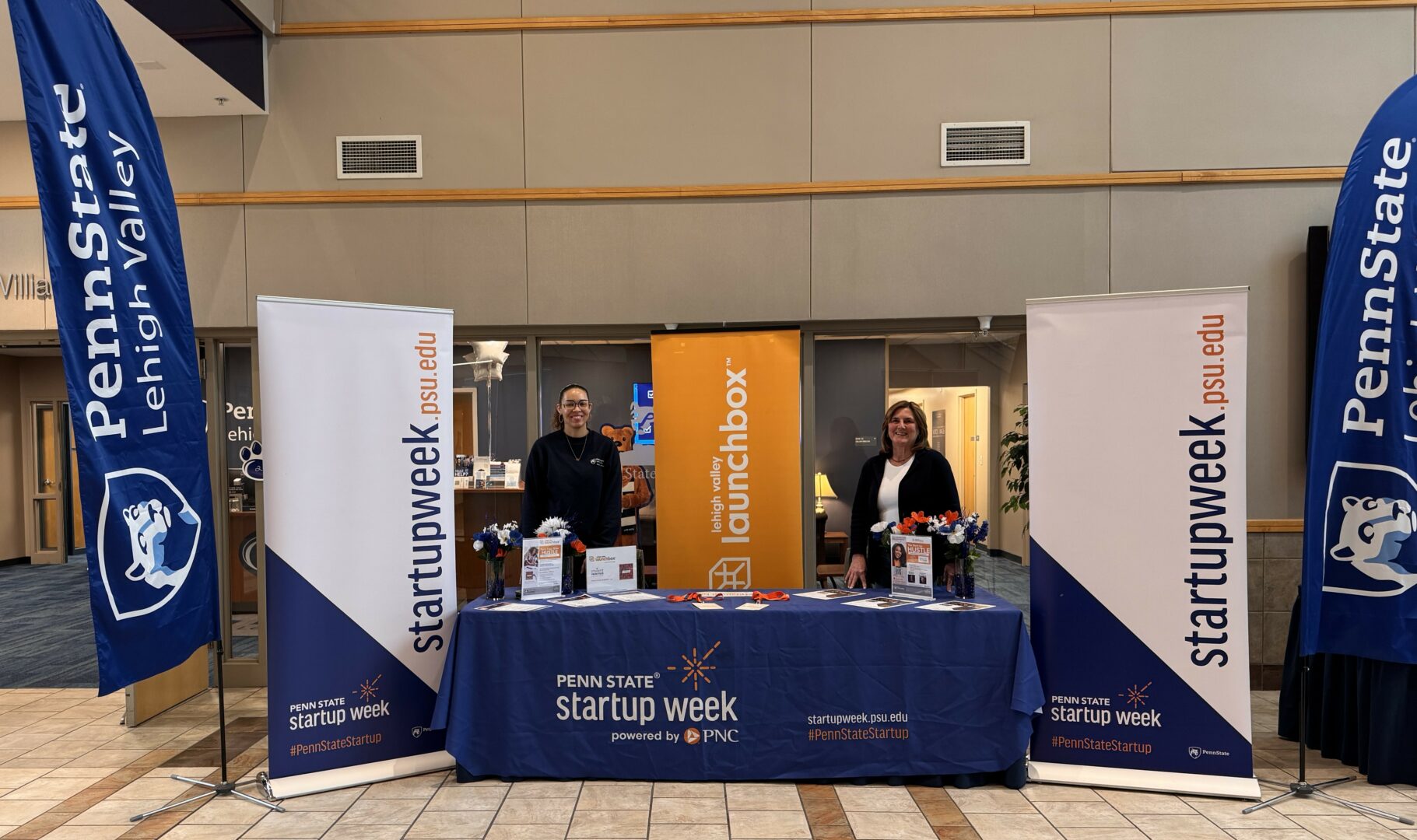Alright – so today we’ve got the honor of introducing you to Gina Tucci. We think you’ll enjoy our conversation, we’ve shared it below.
Hi Gina, really happy you were able to join us today and we’re looking forward to sharing your story and insights with our readers. Let’s start with the heart of it all – purpose. How did you find your purpose?
I always wanted to be involved with sports. I saw it as a way to connect with my dad who was an avid sports fan. I grew up witnessing the rise of ESPN and Linda Cohn. I imagined playing a multitude of sports and maybe one day being a sports broadcaster like Linda. She was a smart, strong female, well versed in all things sports. I played many sports but found my way to soccer in 7th grade when my dad changed jobs and we moved to a new town. Prior to that, I’d never touched a soccer ball. I fell in love with the running and the chase of the ball. I appreciated the fast pace of the game, though I felt behind the others many of whom had played for years already. Moving again after my 8th grade year, I decided to join the high school soccer team that held “captains’ practices” 3 times a day in the summer. I was training harder than I’d ever trained. I found myself surrounded by girls that were incredibly skilled by comparison, and other highly competitive incoming freshman that seemingly had little interest in welcoming newcomers. I played soccer all 4 years and I developed good friendships with my teammates. I wish I could recall a stellar career of tallied goals and assists, big-time impact plays that won the game, but that is not my story. My story is one of insecurity, imposter syndrome, eating disorder, trauma, and intense anxiety. I fell in love with sport psychology, not because I was an outstanding athlete, but because I struggled throughout my athletic career. I had no words for what I was experiencing on the field most of the time, nor did I have anyone who could support me or help me make sense of what was going on. Coaches were not trained to teach the mental side of sports much less informed about how to help athletes with performance anxiety or other challenges impacting their play. Day one of Sport Psych 101: I knew I’d found what I’d needed all along and I knew I couldn’t be the only one who struggled with these issues. I became enamored with learning about the mental side of sports. I dreamt of helping other athletes overcome the challenges I’d battled for years that ultimately tainted much of my high school competitive experience.
Let’s take a small detour – maybe you can share a bit about yourself before we dive back into some of the other questions we had for you?
I come from a long history of educators. I never really wanted to be a teacher and yet, today I find myself primarily in that role. We call it coaching but I realize it’s just another word for teaching. So, I guess I followed in my family’s footsteps, after all. I work primarily with coaches and athletes from (youth to retired professional) in a coaching capacity, helping them to reach their targets and redefine their potential. I take such joy in witnessing the successes of my clients. Applying the tenets of sport and performance psychology: I have 3 pillars of coaching that frame my work: Self-Awareness, Attention, and Self-Regulation. In each pillar I provide tangible tools and strategies to apply on and off the “field”. Besides finding the answers I’d been looking for as an athlete, there is second aspect of sport psychology that hooked me. All the skills that you learn in this domain are transferrable; meaning that you can take what you learn and apply it in sports, school, business, relationships, etc. I see my role as one that helps not only instruct but cultivate curiosity and self-understanding. I’ve worked with many highly successful people including sports and business executives and a handful of high-profile trial attorneys, as well. The common factor among all the accomplished people I’ve worked with, regardless of industry, is CURIOSITY! I’ve seen curiosity fuel perseverance through difficult odds in the pursuit of unlikely, difficult goals. It was something I lacked as a young athlete but learned to cultivate as an adult competitor. It changed my experience and influenced my results. So, coaching people to have a mindset that is curious about what’s next, what’s new, and what’s possible is a critical element to what I do. I work with every aspect of performance related challenges including, low confidence, mindset, performance anxiety, target/action planning, attention control and focus, letting go of mistakes, team cohesion, communication, and leadership, to name a few.
I also have a heart for first responders, our military, and their families. These groups of elite individuals possess unique psychological and emotional skillsets that are often overlooked. The intense training that they endure for the ultimate purpose of putting others before self requires something that can only be described as heroic. As a licensed professional counselor, I have pursued specialized training in trauma and grief (both of which are common experiences in sport, as well). I enjoy volunteering within these specialized populations and often use these skills in combination with mindset coaching skills to provide a compassionate ear, validation, support and hope to these folks who willingly sacrifice so much to others.
I am filled with gratitude to serve the people I encounter. Every day, I learn from the individuals and teams that I work with and I’m constantly looking for more ways to grow, get better, and reach more people. Recalling my own experience as a young athlete, I realize the challenges that sport coaches face, as well. They are charged with organizing, conditioning, motivating, and training human beings! Like my coaches, many lack sufficient knowledge of how to help struggling athletes or how to help good athletes become great! Whether coaching individuals or teams, all coaches face the uniqueness of each person. More so today than ever, a respect for differences and adaptability is required to be successful as a coach. I believe coaches can be empowered to do this effectively without sacrificing their standards and principles. Shortly, I will be launching a “coaching coaches” program that will focus on helping coaches efficiently identify the attention, learning and emotional styles of their athletes as well as provide them with a framework for installing a mental skills training protocol to their sports programs. I have many projects I’m currently working on including those for sports wives and retired athletes. I have a spin off slogan that I aim to build into an advanced level curriculum, as well called “Last Game Mentality”. In addition, I am working with a colleague to launch an online course for athletes with foundational skills that will help them bring their game to the next level.
When I launched my company “Beyond the Scoreboards” a couple of years ago, I settled on that name with the rationale that in life and in sports, what really matters is NOT the final score. People will often forget the results. What they will remember is how you showed up, what you brought to the field and what you were willing to leave out there. A favorite quote by Maya Angelou says, “People will likely forget what you’ve done [and accomplished], but they will always remember how you made them feel.” Playing with passion, gratitude and grit is how I want to show up to the game of life. So, my company is called Beyond the Scoreboards, because it’s not about the results. It’s about how you play the game.
Looking back, what do you think were the three qualities, skills, or areas of knowledge that were most impactful in your journey? What advice do you have for folks who are early in their journey in terms of how they can best develop or improve on these?
There are so many areas of knowledge that I draw from every day. I’m constantly striving to refine the skills I have and acquire new ones in pursuit of serving the people I work with. Of my personal qualities that have been most impactful along my journey I would have to say, my love of people and learning and my highly self-critical nature. Though the latter may seem odd, I must recognize that my own struggles with confidence, imposter syndrome, and a loud negative inner critic have made me effective at what I do. I understand on a very personal level the battle with feeling vulnerable in a competitive environment and how difficult it can be to quiet an unhelpful internal voice. I’ve also learned from those experiences, effective ways to turn down the volume on what’s disempowering and turn up the volume on the voice that reminds us who we are capable of being.
The advice I would give people who are early in their journey is 1) Be curious. Never think you know enough. There is always more to learn about everything and everyone. Be fascinated with what life has to show you! 2) Value your weaknesses as much as you do your strengths. They will not only provide you with invaluable insights, but they will be your greatest margins of growth.
To close, maybe we can chat about your parents and what they did that was particularly impactful for you?
My mother was the most positively influential person in my life. I could write pages about her wisdom, love, and her perseverance. I could spend days talking about all the things she taught me and the multitude of ways that she blessed my life, and I would never capture everything. So, in the interest of being concise, which is not one of my spiritual gifts, I will share a brief story that only within the last decade, I fully recognized the impact of.
By the time I was 13 my mom was facing her 3rd bout of Hodgkin’s Cancer. As a single mom, I witnessed her maintain her job as a teacher through chemotherapy, radiation, and various infections that she would acquire. One night, after a particularly hard round of chemotherapy, she suffered a grand mal seizure in our living room. Fortunately, my grandmother was with us, but it was one of the most traumatic events in my life. Much of the time between when the ambulance arrived, and we returned that night is a blur. What I do recall with stark clarity was climbing in bed with her that night, being terrified to leave her alone, but also terrified to be with her. I don’t think I slept more than 15 minutes if I slept at all. With every movement she made or sigh, I would jolt with fear and demand to know if she was ok. Finally, after what seemed like hours of this, she admitted to me she couldn’t sleep either, but she said she was meditating and focusing on getting better. She went onto say that she was visualizing the medicine in her chemotherapy like Pac-man (yes, the video game!) and she would imagine the cancer cells like the ghosts. She would play out her Pac-man chomping through the ghosts as they disappeared one by one. Then she would imagine how she would feel when she was healthy and strong. She pictured herself running, shopping, laughing, and celebrating with our family down the shore- all of her favorite things. Though I didn’t realize it then, she was teaching me about the incredible power of the mind. She was my first teacher of visualization, mediation and intentional breathing (fundamental practices in mental performance) and my mom, by far has been the most influential and inspirational person in my life.
Contact Info:
- Website: http://www.beyondthescoreboards.com
- Instagram: @beyondthescoreboards.com
- Facebook: @Gina Tucci
- Linkedin: Gina Tucci (Karnisovas)

















